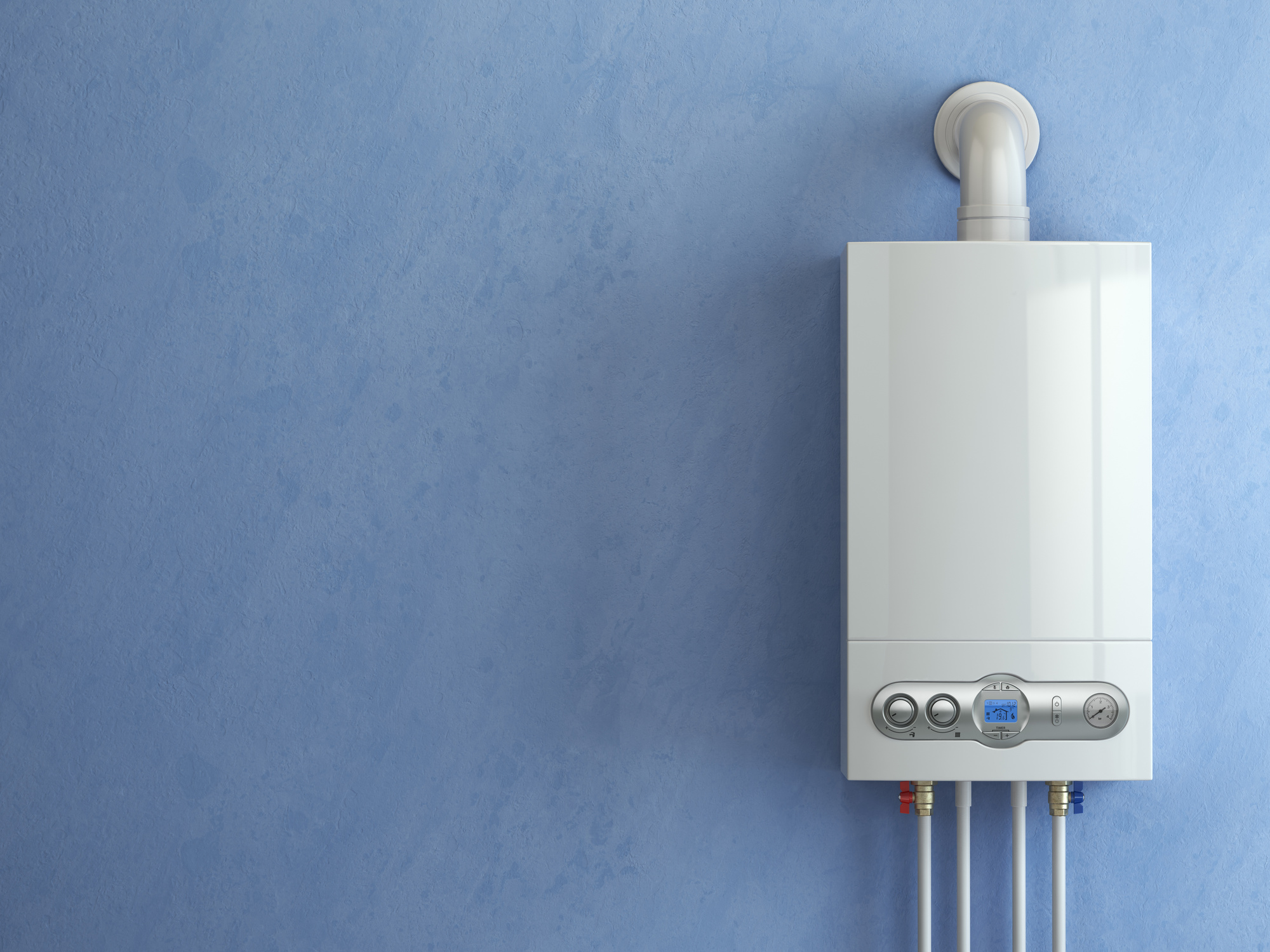Did you know that the average life expectancy of solar water heaters is 20 years? This is much longer than the standard electric and gas water heaters available. One key thing to keeping it up and running for a couple of decades is learning some tips to help keep it in it’s best condition.
Keep reading to learn our top tips of maintaining your solar water heater.
1. Drain the Tank
A couple of times per year you want to make sure that you remove the sediment and debris that builds up inside of your water heater. In order to do this, you want to shut off the cold water supply and hook up a hose to the drain valve and run the water into something else such as a bucket until the water runs completely clear.
If the water is still foggy or has a white tint after a while of running the clean water through it, open the water supply valve for a little bit to stir up the extra sediment. Then, drain the tank again.
If you are not sure how to drain the tank you can have a reputable company like Marathon Plumbing do it for you.
2. Examine the Rod
There is an anode rod inside a water heater which is what helps it heat the water up. Every couple of years you want to loosen the hex screw and remove the rod to inspect it.
If the rod is less then 1/2 inch thick you will have to replace it, or if more than 6 inches of the steel wire is showing. If you notice that the anode rod has a coating of calcium you will also want to replace it.
3. Prevent Scaling
Something that will affect the performance of a liquid or hydronic-based hot water system is scaling. Scaling can also cause the valve and pump to fail on the potable water loop. One way to avoid scaling is by using water softeners through the collector every three to five years.
You can also use a mildly acidic solution like vinegar and circulate it through the collector of the hot water loop every couple of years.
4. Pumps or Fans
You want to always make sure that the distribution pumps or the blowers are working. You can listen to them to see if they turn on when the sun is shining on the collectors. If you do not hear them operating then the pump or blower has malfunctioned or the controller is not working right.
Feeling Like a Solar Water Heaters Pro?
Now that you know more about caring for solar water heaters, you can start shopping around for the perfect water heater for your home and needs. Keep in mind that your unit will require periodic inspections and maintenance to keep it running at its best potential and efficiently.
If you are ever in doubt don’t be afraid to contact a qualified technician to help you.
Did our article help you out today? Please browse around our site for some more helpful reads.








